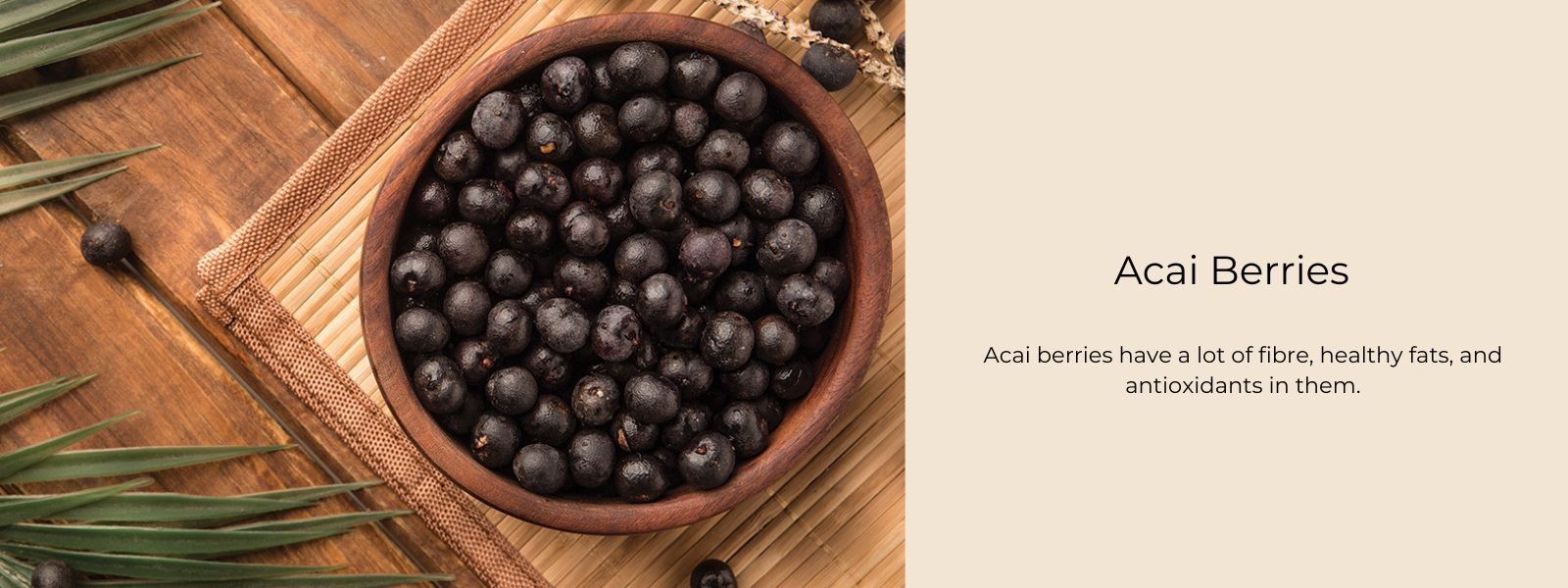Thyme offers notable health benefits due to its rich vitamin C content. A small amount of this herb can significantly contribute to daily vitamin C intake, which is essential for a robust immune system. Vitamin C in thyme supports the production and function of white blood cells, enhancing the body’s ability to fend off infections and illnesses. Additionally, thyme’s vitamin C acts as a powerful antioxidant, protecting cells from oxidative stress and reducing the risk of chronic diseases such as heart disease and cancer. The vitamin also plays a crucial role in collagen synthesis, promoting healthy skin, reducing wrinkles, and aiding in wound healing. By incorporating thyme into your diet, you can take advantage of these health benefits while adding flavor and nutrition to your meals.
Table of Contents
Health Benefits of Vitamin C in Thyme
Immune System Support: Vitamin C in thyme enhances the immune system by promoting the production and function of white blood cells, crucial for fighting infections and illnesses. This boost in immune function helps the body ward off common colds, flu, and other pathogens.
Antioxidant Protection: As a potent antioxidant, vitamin C in thyme helps neutralize free radicals in the body, reducing oxidative stress and preventing cellular damage. This protective effect lowers the risk of chronic diseases such as heart disease, cancer, and diabetes by mitigating inflammation and oxidative damage.
Skin Health: Vitamin C is vital for collagen synthesis, which is essential for maintaining skin elasticity and firmness. Regular consumption of thyme can contribute to reducing the appearance of wrinkles, improving skin texture, and promoting faster healing of wounds. Additionally, its antioxidant properties help shield the skin from UV damage and environmental pollutants, supporting a youthful appearance.
Cardiovascular Health: The vitamin C in thyme supports cardiovascular health by promoting healthy blood vessels, reducing blood pressure, and lowering LDL cholesterol levels. These effects collectively contribute to a reduced risk of heart disease and stroke. Thyme’s anti-inflammatory properties also play a role in maintaining heart health.
Enhanced Iron Absorption: Vitamin C enhances the absorption of non-heme iron from plant-based foods, which helps prevent iron-deficiency anemia and boosts overall energy levels. This is particularly beneficial for individuals following vegetarian or vegan diets.
Digestive Health: Thyme also supports digestive health by promoting a healthy gut environment. Its vitamin C content can aid in reducing symptoms of gastrointestinal discomfort and improve overall digestive function.
What Makes Thyme A Rich Source Of Vitamin C?
Thyme is considered a rich source of vitamin C due to several factors:
- Nutrient Density: Thyme contains a high concentration of vitamin C per serving compared to many other herbs and vegetables. This makes it an efficient source of this essential nutrient.
- Natural Vitamin C Content: The vitamin C in thyme comes from its natural metabolic processes. Thyme’s ability to synthesize and store vitamin C effectively contributes to its rich content of the vitamin.
- Antioxidant Properties: The presence of vitamin C in thyme is enhanced by its role as an antioxidant. This helps protect the herb’s vitamin C content from degradation and maintains its effectiveness.
- Herbal Concentration: Thyme is used in small amounts, but even these small quantities are packed with a significant amount of vitamin C. Its concentrated nutrient profile allows it to contribute meaningfully to the daily intake of vitamin C.
- Freshness and Preparation: Fresh thyme has a higher vitamin C content compared to dried thyme. The method of preparation and storage can also influence the levels of vitamin C, with fresh thyme generally retaining more of this nutrient.
Overall, thyme's rich vitamin C content is attributed to its natural composition, high concentration of nutrients, and the preservation of vitamin C through its antioxidant properties.
Ways to Use Thyme
Culinary Uses: Incorporate fresh or dried thyme into soups, stews, and marinades to add flavor and nutritional value to your meals.
Herbal Teas: Brew thyme leaves into a soothing herbal tea, which can provide both the flavor and health benefits of this herb.
Seasoning: Use thyme as a seasoning for roasted vegetables, meats, and fish to enhance both taste and nutrient content.
Garnish: Sprinkle fresh thyme over salads and dishes as a garnish to boost flavor and nutritional intake.
Thyme for Overall Wellbeing
Immune Health: Regular use of thyme can strengthen the immune system and improve the body’s ability to combat infections.
Skin Care: Including thyme in your diet or skincare routines can improve skin health, enhance collagen production, and protect against environmental damage.
Hydration and Detoxification: Thyme’s high water content helps with hydration and supports the body’s natural detoxification processes.
Weight Management: Thyme is low in calories and rich in fiber, which can aid in weight management by promoting satiety and supporting digestion.
Conclusion
Thyme, with its high vitamin C content, offers a range of health benefits, from boosting the immune system and providing antioxidant protection to supporting skin health and cardiovascular function. Its versatility in cooking and rich nutrient profile make it a valuable addition to a balanced diet. By incorporating thyme into your meals and routines, you can take full advantage of its health-promoting properties and enhance overall well-being.












Leave a comment